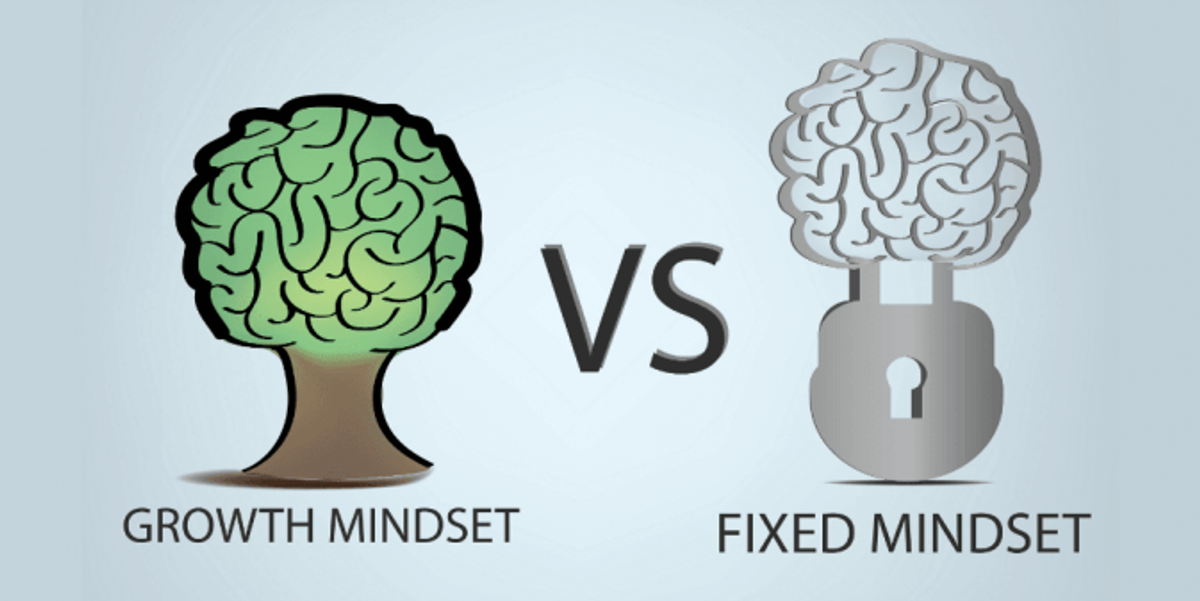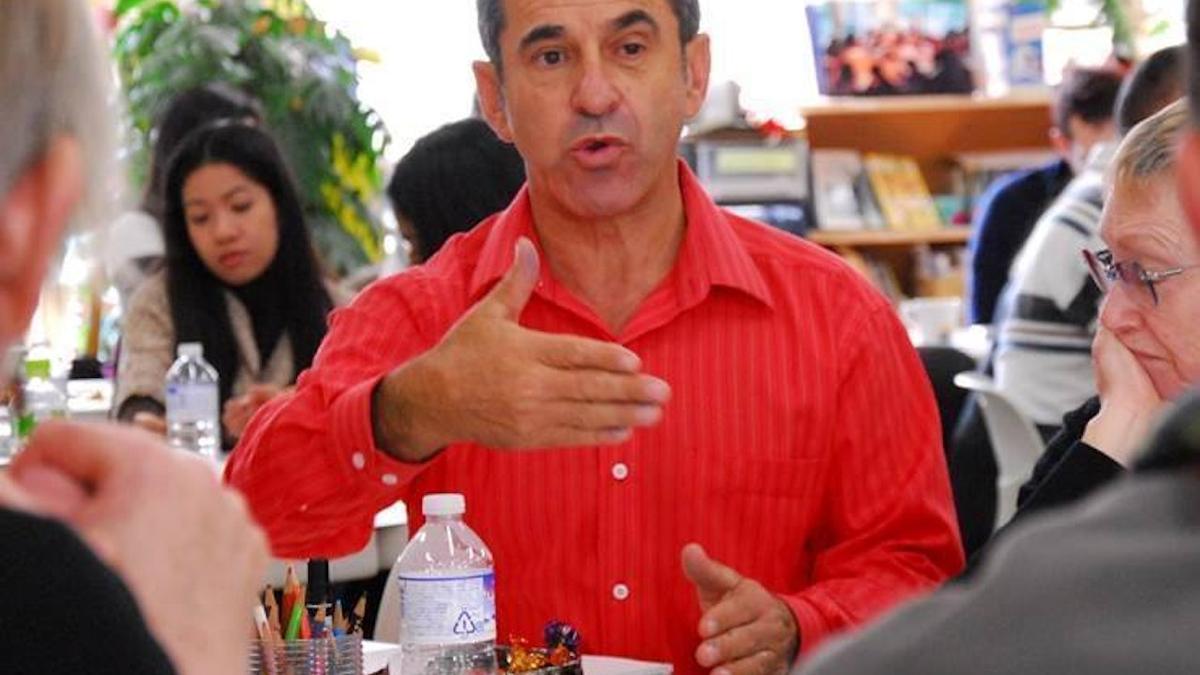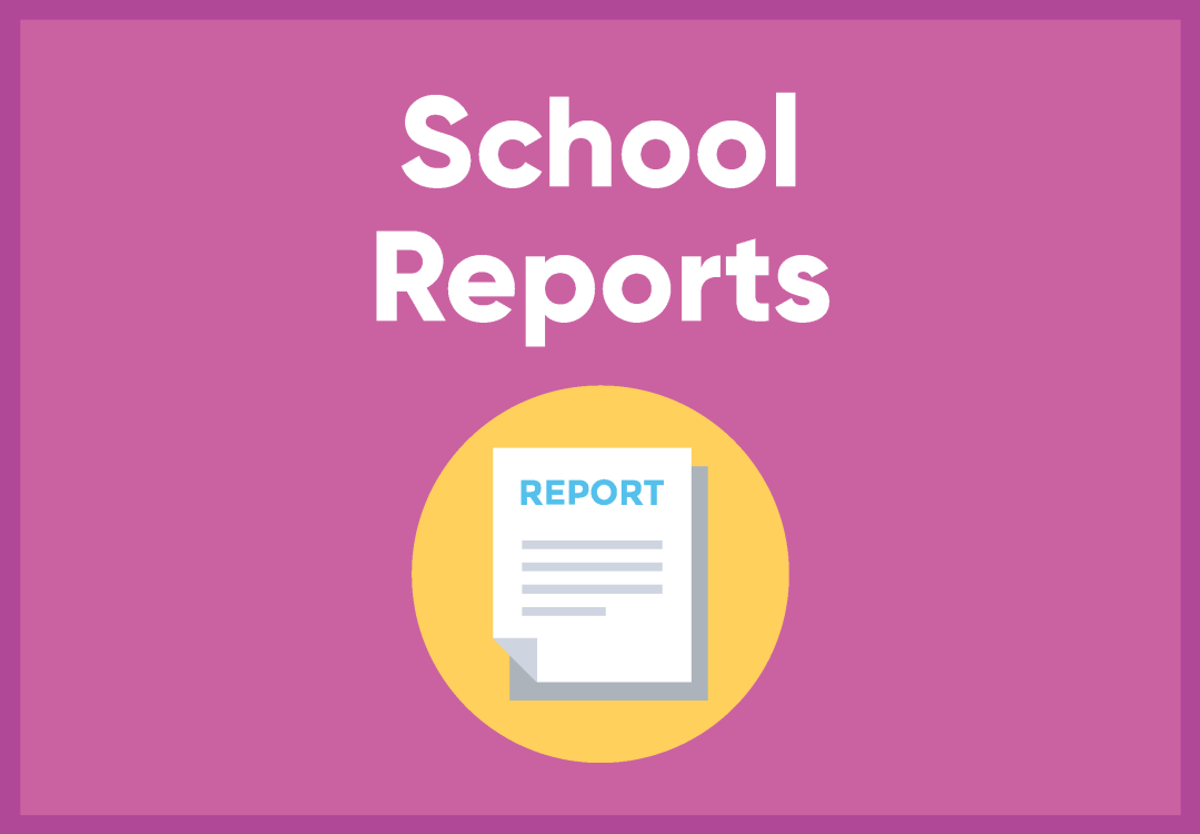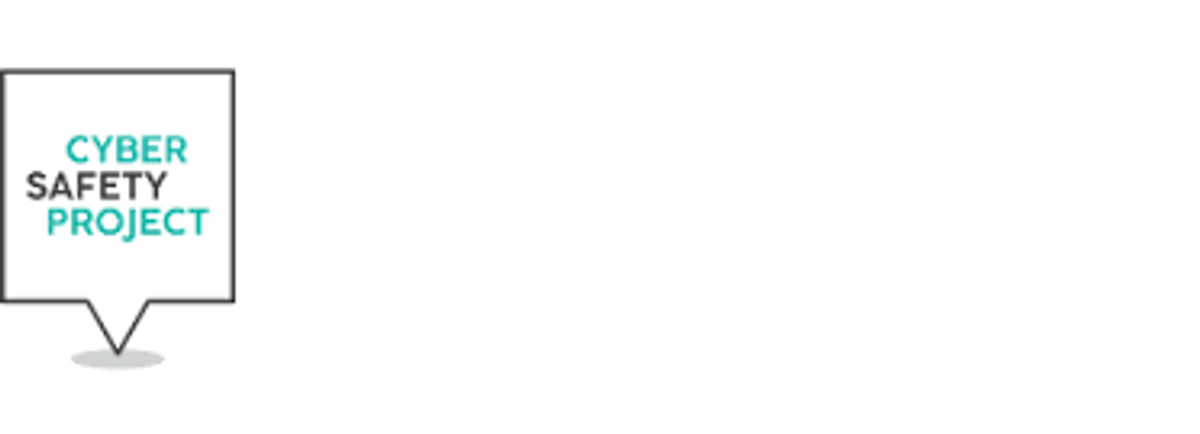Principal's News
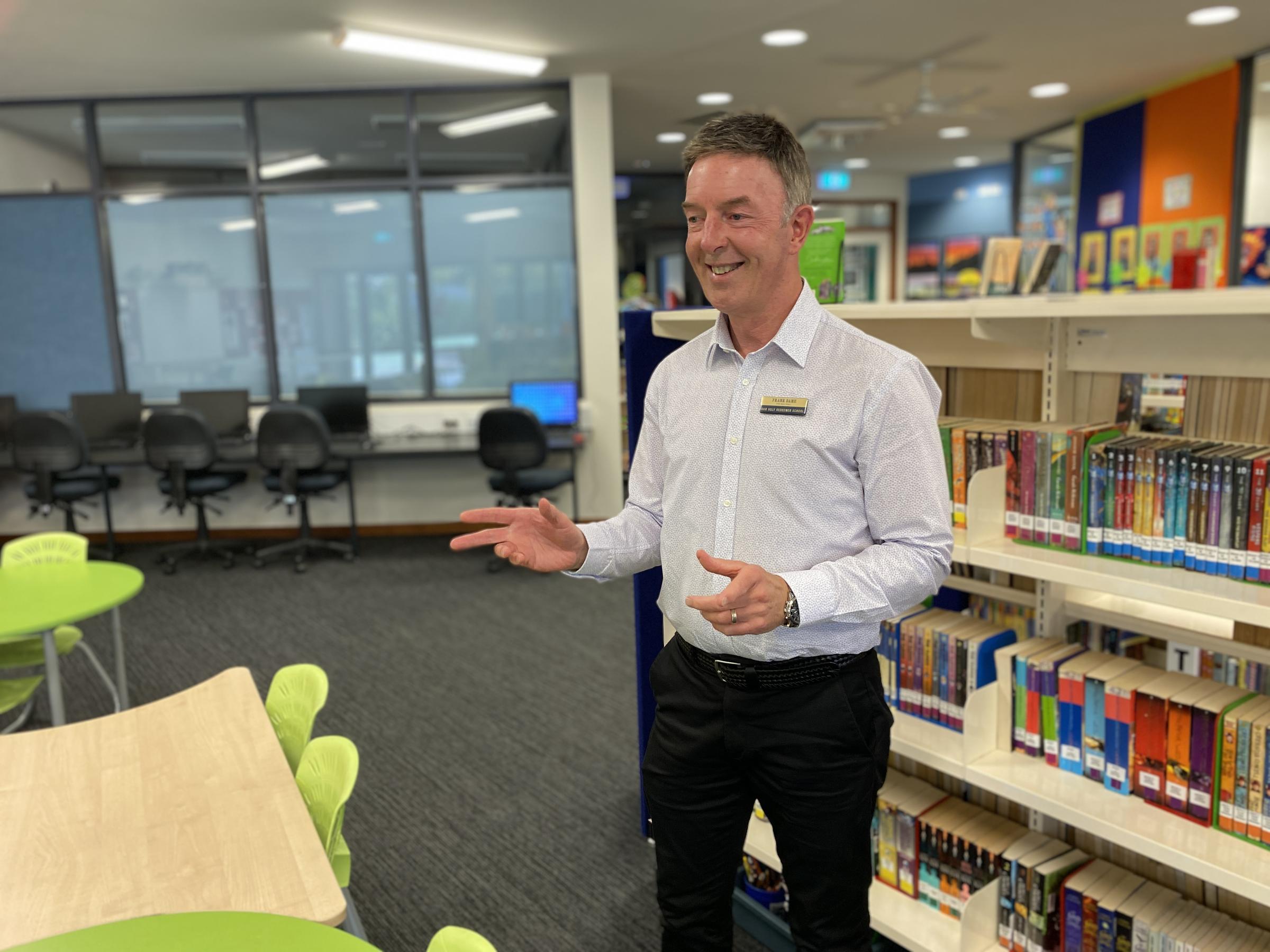
Dear Parents & Parishioners,
Fixed or Growth Mindset?
Over 30 years ago, a cohort of middle school students in the USA was given some mathematics problems to solve.
The students were split into two groups. The first group was given what could be described as ‘unconditional positive regard’ style feedback. At the end of each session, these students received praise for doing well, regardless of how many problems they had completed or solved.
The second group was given feedback based on their performance. These students were occasionally told that they hadn’t solved enough mathematics problems during a particular session, and, crucially, that they should have tried harder.
After a period of time, both groups of students were given a combination of easy and very difficult problems to complete. The students of the first group, which had been given the ‘unconditional positive regard’ feedback, gave up quickly when they encountered difficult problems. In contrast, children in the second group who’d received more balanced feedback tried harder upon encountering the difficult problems. These students appeared to interpret the challenge as a cue to try harder rather than as confirmation that they lacked the ability to succeed.
This experiment, conducted by psychologist Carol Dweck, marked the identification of what we now know as a Fixed Mindset and a Growth Mindset. Dweck had set out to uncover what caused a sense of ‘helplessness’ in students and found that it was the assumptions underlying these mindsets that had a significant effect on students’ abilities and results.
Although many professionals are familiar with the notions of a Fixed and a Growth Mindset, often the terms are used with little understanding of what they represent or how they are fostered.
Put simply, these two mindsets are as follows: A Fixed Mindset is based on the assumption that skill, talent and intelligence are inbuilt, or fixed, whereas a Growth Mindset is driven by the assumption that skill, talent and intelligence can be honed or developed with intentional effort.
Beyond simple definitions, Dweck outlines common hallmarks or characteristics that indicate which mindset someone predominantly holds.
The characteristics of a Growth Mindset are:
- Low need to prove oneself. Individuals with a Growth Mindset hold a deep belief that they are a work-in-progress – there is little point constantly proving yourself when you could be focusing your effort on improving. If they are not as competent or capable as others at a particular task, that’s okay – talent is not a scarce resource and there is always room to grow.
- Pursuit of challenging relationships. Those with a Growth Mindset have low reliance on friends or partners to shore up their sense of self-worth and will embrace relationships that will challenge and stretch them – even if this is uncomfortable at times.
- Perception of failure as a learning opportunity. When failure occurs, those with a Growth Mindset tend to perceive it as an experience to learn from rather than an indication that they are not good enough. Rather than being crippling, failure is seen as a signal to try harder or innovate, representing a powerful opportunity to learn and grow.
- Motivation to stretch. Individuals with a Growth Mindset tend not to readily label themselves or throw their hands up in despair when things go wrong. In contrast, when success is experienced, this is seen as a signal to keep going and keep developing, as those with a Growth Mindset know you have never ‘arrived’.
- Pursuit of internal validation. Those with a Growth Mindset experience less of a compulsion to seek validation in the form of praise and recognition from others as they are satisfied by an internal sense of security and identity.
If students and professionals are to achieve their best results with resilience, passion and grit, a Growth Mindset is paramount. The search for external validation, the fear of failure and the avoidance of challenges are all elements of a dangerously common mindset that cripples the productivity, passion and purpose of people, student and professional alike.
Adapted from Michael Mcqueen's blog, 'Are you Embracing a Growth Mindset?
You might like to view Michael McQueen's short video, 'What actually is a Growth Mindset and Why Does it Matter?'
Save the Date: Michael Ymer is Coming Back to OHR!
We are excited to share with you that due to popular demand, Michael Ymer - a highly regarded Maths consultant - will soon be returning to OHR following a very successful parent session held earlier this year. Michael's time was limited when he was last with us in February, but this time we are planning a longer session to support our parents support their children in Mathematics.
Michael will be back at OHR on Wednesday 14 August 2024. More details about the live event will be sent out early in Term 3.
Public Speaking Competition Final
The OHR Public Speaking Competition Final will be held on Monday 17th June starting at 2.00pm sharp in the Hall.
You are warmly invited to attend this annual event and ask that you are seated by 2.00pm. Extended family members are most welcome. We are sure you will be most impressed with the calibre of our students and their presentations.
Lisa Canty
Literacy Leader
Semester One Reports & Parent Teacher Conferences
Semester One Reports will go live on Monday 24 June. Instructions for accessing the reports will be communicated next Wednesday 19 June.
If there has been a change in the email address you would like linked to your child's reports, let either Heather or Josephine know:
ohradmin@ohrsurreyhills.catholic.edu.au
jharrison@ohrsurreyhills.catholic.edu.au
Due to the fact that a number of classroom teachers will be away on Long Service Leave during the last week of Term 2, the Parent Teacher Conferences will be held early next term on Thursday 25 July. Students will be dismissed at 1.00pm on this day.
With Deepest Sympathy
On behalf of the OHR staff, I would like to express our deepest condolences to Angela Southwood upon the sudden passing of her father. Our prayers and thoughts are with Angela and her family during this time.
Traffic Management in Barton Street
In the interests of our students' safety, Damien Gardiner and I have recently met with members of the Boroondara City Council regarding traffic management in Barton and York Streets. Damien and I have scheduled a follow-up site meeting within the next fortnight where Jim Hondrakis - Manager Traffic & Transport - will detail findings and proposals to reduce speed and improve the level of safety.
Is your Family Cyber Safe?
Make sure you jump to the Cyber Safety Tips page further in today's Newsletter. Mrs Hansen is constantly updating the parent resources on this page.
Wishing everyone a great weekend,
Frank Dame


